 Tonight is the series end to Mad Men, the story of the early years of Madison Avenue ad men (and women). When last we saw him, the protagonist, Don, had given away his car to a young scam artist, offering him a new start, and was seated alone at a bus stop, his belongings in a big paper sack. His ex-wife, Betty, had been diagnosed with lung cancer but was going back to school anyway. His onetime boss and then partner, Roger, was playing an electric organ in their freshly vacated offices while Peggy, once a secretary but now an integral part of the creative team, had rollerskated her way into a new found self-confidence and a new office, armed with some erotic Japanese art.
Tonight is the series end to Mad Men, the story of the early years of Madison Avenue ad men (and women). When last we saw him, the protagonist, Don, had given away his car to a young scam artist, offering him a new start, and was seated alone at a bus stop, his belongings in a big paper sack. His ex-wife, Betty, had been diagnosed with lung cancer but was going back to school anyway. His onetime boss and then partner, Roger, was playing an electric organ in their freshly vacated offices while Peggy, once a secretary but now an integral part of the creative team, had rollerskated her way into a new found self-confidence and a new office, armed with some erotic Japanese art.
 Continue reading ““I Was an Orphan. I Grew Up in Pennsylvania…””
Continue reading ““I Was an Orphan. I Grew Up in Pennsylvania…””

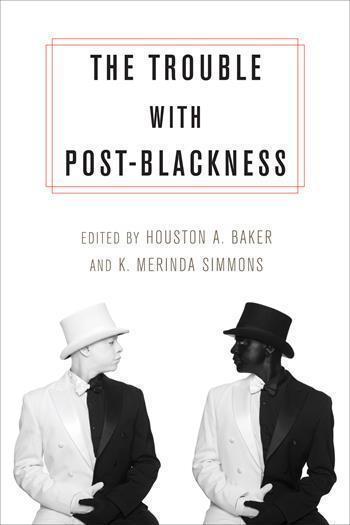 Culture on the Edge member Merinda Simmons has recently published a co-edited volume with Houston Baker,
Culture on the Edge member Merinda Simmons has recently published a co-edited volume with Houston Baker, 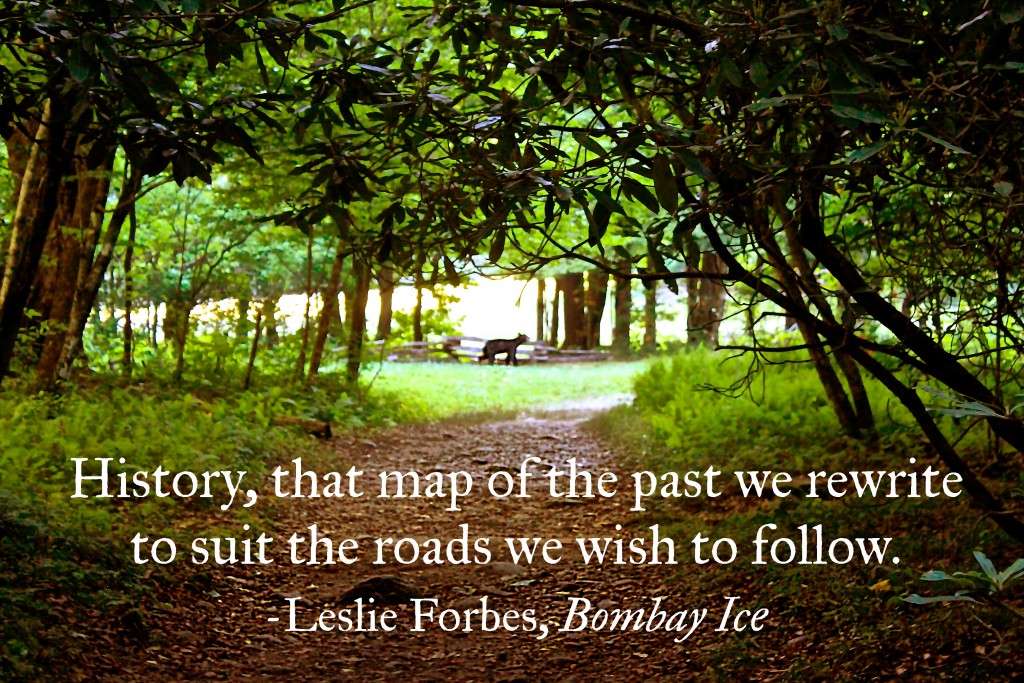
 I was asked a question at a recent presentation I did up at the University of Chicago, concerning why the etymology of technical terms is a focus in an
I was asked a question at a recent presentation I did up at the University of Chicago, concerning why the etymology of technical terms is a focus in an 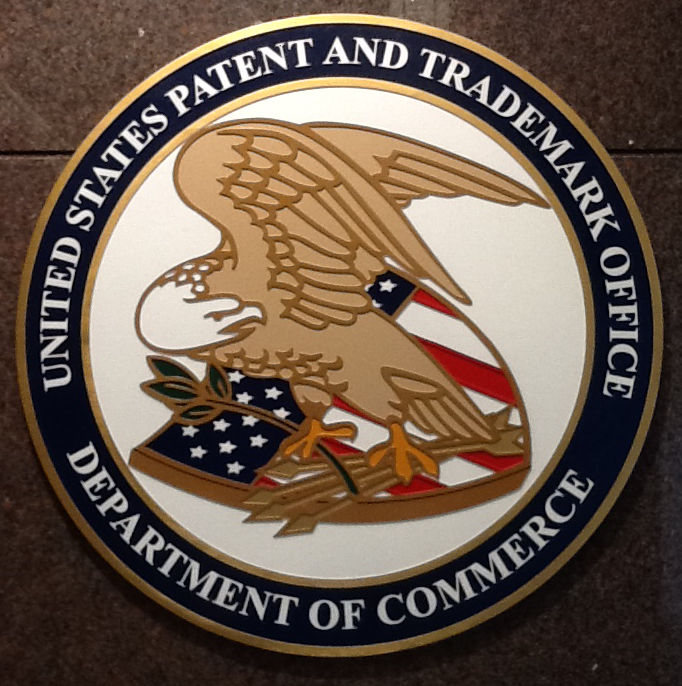 While names become a personal part of our identification, ironically, most of us had no choice in our name. At least for many in the contemporary United States, the family choose the name before the baby is even born, making the name more about their prior image than something about the baby itself. A few people change their name legally, and many decide what form of the name they prefer. (Please call me Steven; it really is not too much effort to add that second syllable.) Both situations require recognition from others, either a court or those with whom you interact. (In my experience, that second syllable is too much to ask of some people, sigh.)
While names become a personal part of our identification, ironically, most of us had no choice in our name. At least for many in the contemporary United States, the family choose the name before the baby is even born, making the name more about their prior image than something about the baby itself. A few people change their name legally, and many decide what form of the name they prefer. (Please call me Steven; it really is not too much effort to add that second syllable.) Both situations require recognition from others, either a court or those with whom you interact. (In my experience, that second syllable is too much to ask of some people, sigh.) 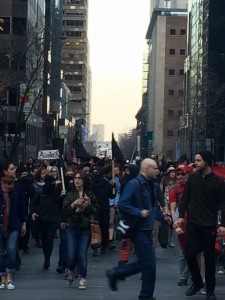
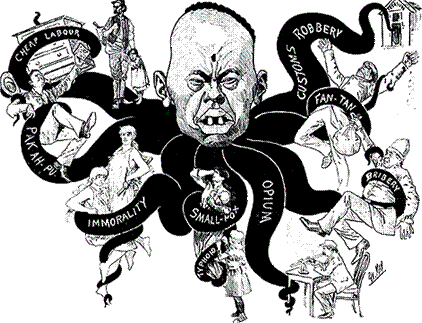 In the 70’s and 80’s (my formative years), the Soviets were presented as the main enemy to be feared. Angst over the threat of nuclear destruction became a regular part of the news cycle, political decisions, and military spending. That, of course, has changed in many ways. The fall of the Soviet block, perhaps partially fueled by the Soviet quagmire in Afghanistan in the 1980’s (when the US armed Osama bin Laden), shifted the focus towards the Middle East. Now the 24-hour news cycle, political decisions, and military spending often discuss the threat of terrorism, which means extremist Islam for many people. (Extremist Christians aren’t terrorists, of course, in the common discourse.)
In the 70’s and 80’s (my formative years), the Soviets were presented as the main enemy to be feared. Angst over the threat of nuclear destruction became a regular part of the news cycle, political decisions, and military spending. That, of course, has changed in many ways. The fall of the Soviet block, perhaps partially fueled by the Soviet quagmire in Afghanistan in the 1980’s (when the US armed Osama bin Laden), shifted the focus towards the Middle East. Now the 24-hour news cycle, political decisions, and military spending often discuss the threat of terrorism, which means extremist Islam for many people. (Extremist Christians aren’t terrorists, of course, in the common discourse.)